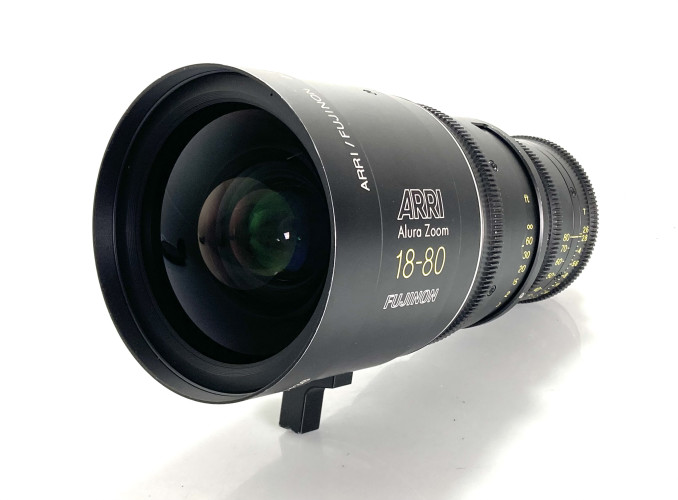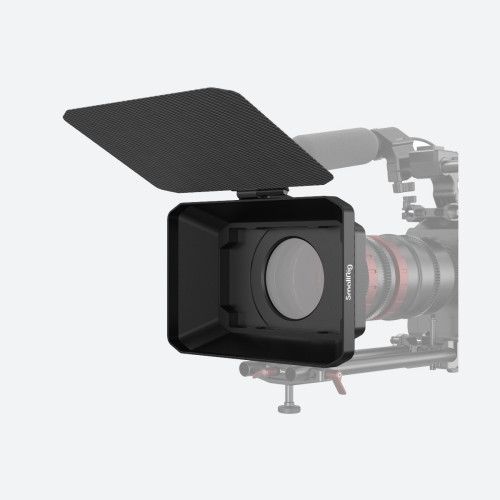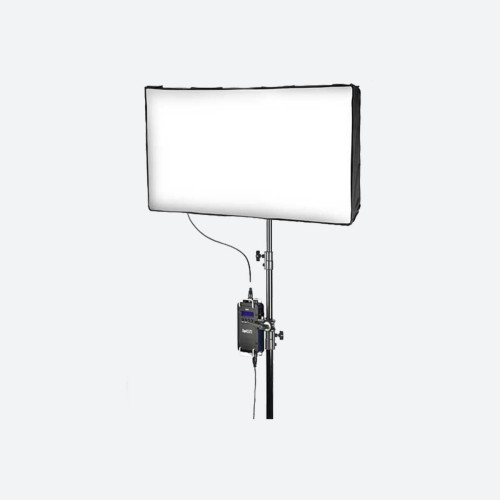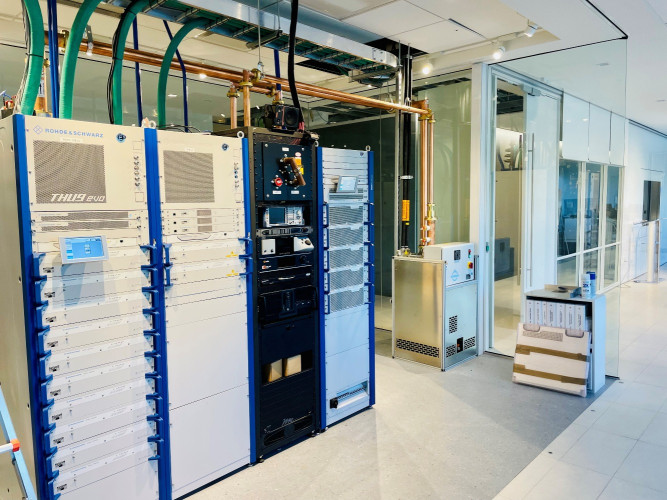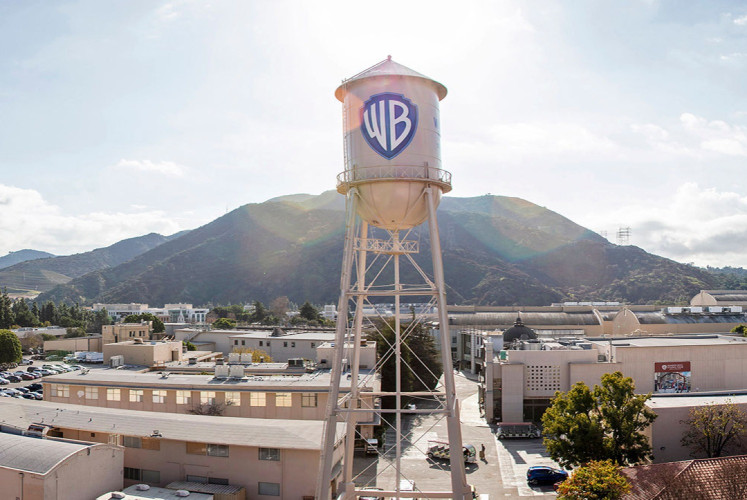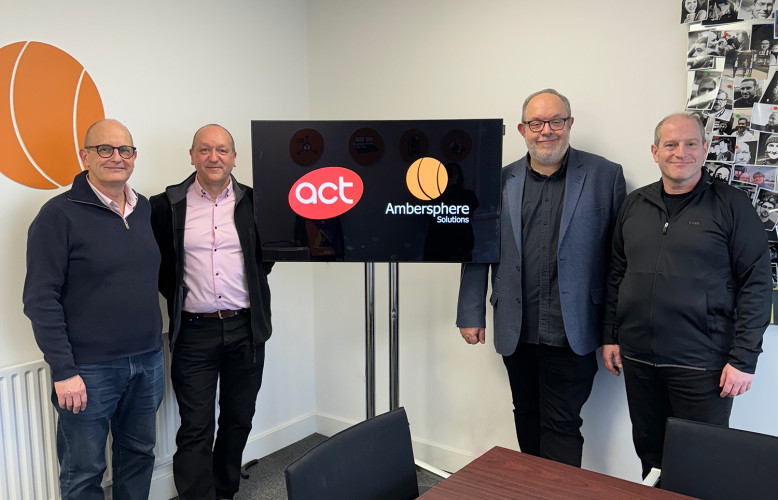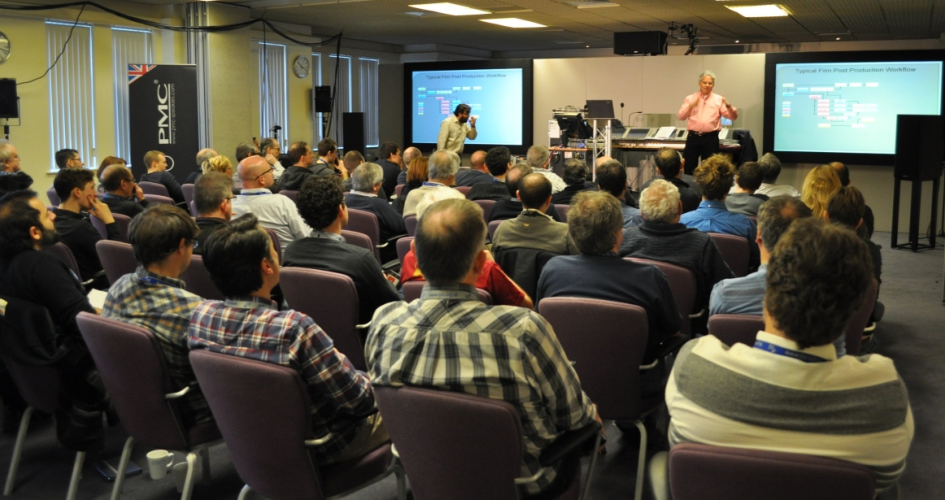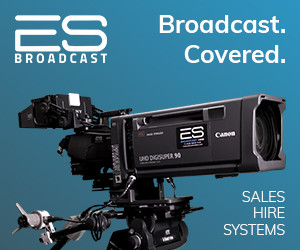It might come as a surprise to you but do you know that there in the UK 80,000 people working in the TV industry. That's 10% of the work force.
And some more facts:
The UK has overseas programme sales of £980 million.
Non-terrestrial TV spends £193 millions on content whilst terrestrial TV spends £2.6 billion on content.
Independent producers in the UK have a turnover of £2 million and BskyB generates revenues of £5.9 billion.
The UK Film Industry generates £1.5 billion to the GDP and pays £430 million to the exchequer.
With all this money in the TV production industry you would think that there would be great training centres and well equipped training academies with the latest equipment and dedicated staff producing well trained young people who can maintain our internationally recognised standards in these industries.
If you type into Google 'training for cameraman' you will find 6 companies. Two are small training companies and I do training for one of them. One of the other four still talked about Sony PD150, an old SD camera. Another, the BBC Academy seemed to offer no camera courses just 'how to' video clips. The other two were The London Academy which looked at first sight quite good and the well respected National Film and Television School.
Ravensbourne College, now next to the O2, which has a fine TV studio with Sony HD Cameras on Vinten Camera Pedestals does not come up on the search page, nor do the other colleges which offer full time courses for budding TV people.
I know Ravensbourne College did have a great reputation for producing great students for the TV industry, I used to spend a lot of time there teaching the students who are doing degree courses in Broadcasting Operations. I was not the only 'Sessional' person there, there were also other top practitioners in their fields, sound, lighting, directors, teaching. But because of cuts in the educational budgets we, the Sessionals, are hardly ever there now, so the young students are missing out on this great teaching. Ravensbourne is now planning to cut this course as well.
There are other full time courses, NFTS, Bournemouth, Leeds but how many students can they teach?
Now let me confess that I am a full time Freelance Lighting Cameraman/Lighting Director so I have a great interest in lighting and camerawork but I am also acutely aware about the need to have well trained other programme production staff. If I was a young person who wanted to learn about, for example, TV make-up or wardrobe, where would I go?
Is the lack of training all about money? How much do companies spend on training? The answer is almost nothing.
I spend quite a lot of time working in the studios at Sky TV near Gillette Corner, Osterly, but I have never heard of any training schemes. They will send people, mainly their staff, on courses about new equipment but have never invested any money training on new people entering the industry. Last year BSkyB made £878 million pre-tax profit. They have invested huge amounts of money on 3D and £160 million on marketing, but as far as I know, Sky please correct me if I'm wrong, no money on training future personnel.
The BBC in the old days, when I was young, use to have a training establishment at Evesham in Worcester, but no more. Wood Norton is now the BBC Academy run for profit and the BBC no longer sends new recruits in broadcasting, like I was, there.
Channel 4 and 5 and ITV do very little, if any training. So what will the future of the TV industry be like with the majority of people having had no formal training? Will the workers have been taught by other workers 'on the job'?
I used to freelance as a cameraman at the MTV studios in Camden. There people were taken on as unpaid interns, not something that I approve of, and I'm very pleased to read that BECTU is working very hard to stop this unpaid work. Some of the interns were eventually given jobs and were trained by people who themselves had been interns. I could see many cases where a badly trained person was training another person the wrong ways of doing things because that was the way they were trained plus some of 'well this is the way I do it'! attitude so the skills became worse 'But hey this is MTV and we rock!!'
So 'on the job training' can be very bad or if you are lucky very good, though I expect without little or no formal training in place the future workers of the TV industry will have had mediocre or no training.
If this is the case will the TV industry still be making quality programmes that will deliver audiences and thus profits to the broadcasters that are so vital for the economy?
The future is not good, and investment for training by the major programme producers must be made.
See next month: 'Has technology produced the culture that training is no longer necessary?'
About Graham:-
I worked for the BBC for 21 years, first as a Camera Assistant, then as a Cameraman, before leaving as a Senior Cameraman to work as a Freelance Lighting Cameraman.
I work on every type of TV programme both in studios and on location, single camera and multi-camera with a very wide range of camera equipment.
As a Lighting Director I work both in studios and location lighting both small and large events.
As well as being a Sessional Lecture at Ravensbourne College I run training workshops on camera work and lighting for training companies.
To see more about my work and please visit my web site:
www.grahamreedlightingcameraman.com
Without training will there be future for the TV Industry?

Author: Bob Pank#
Published 1st January 2012



